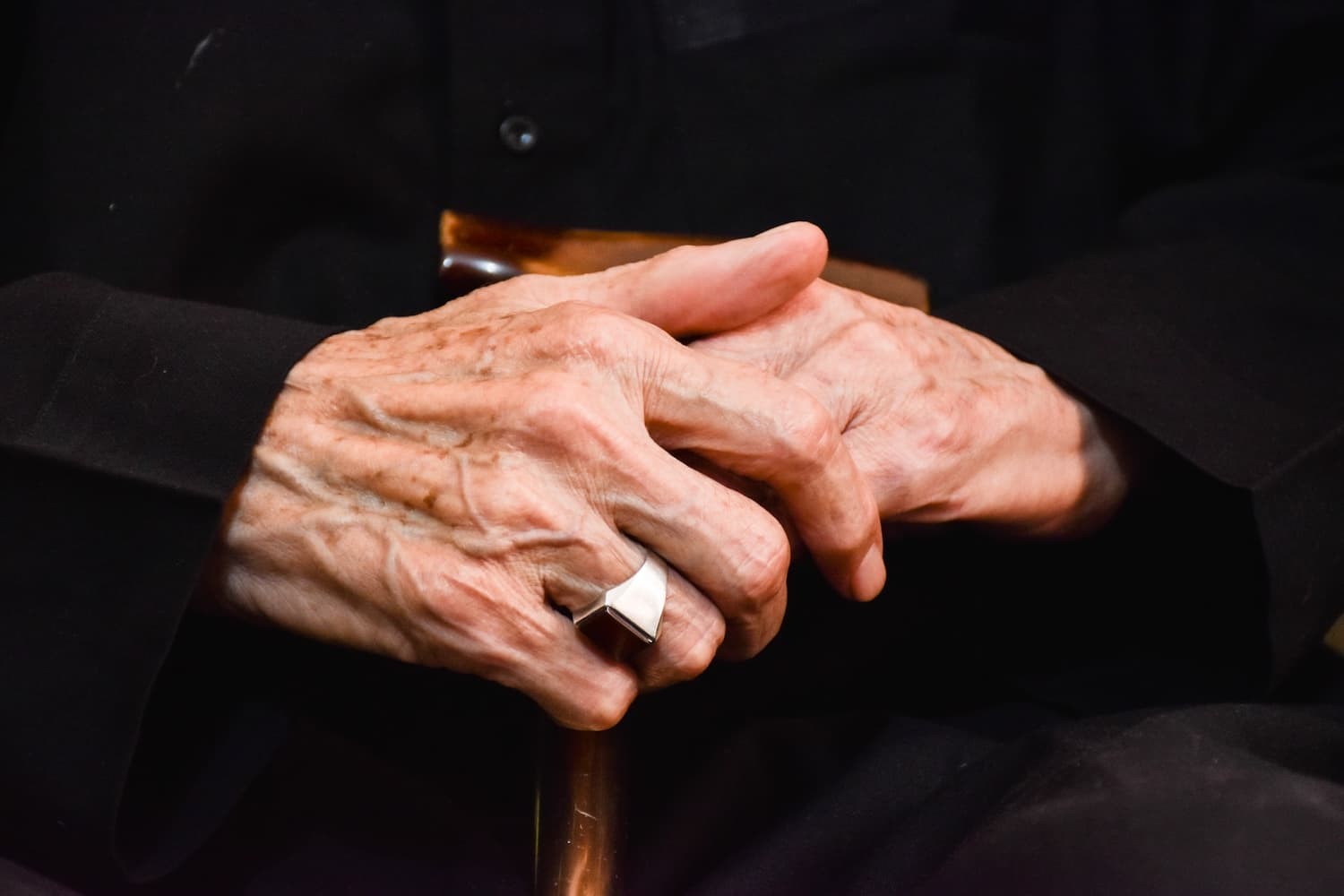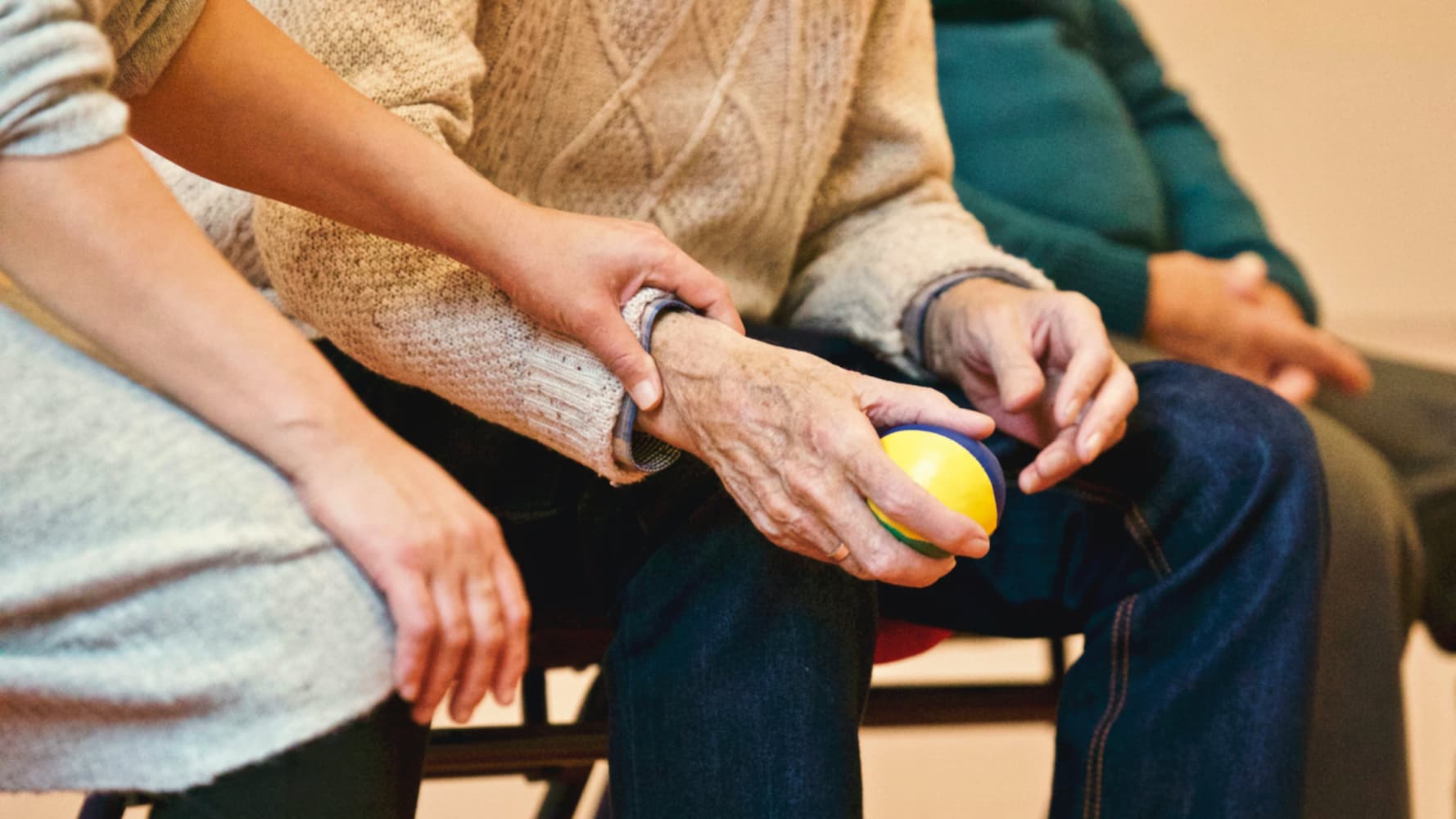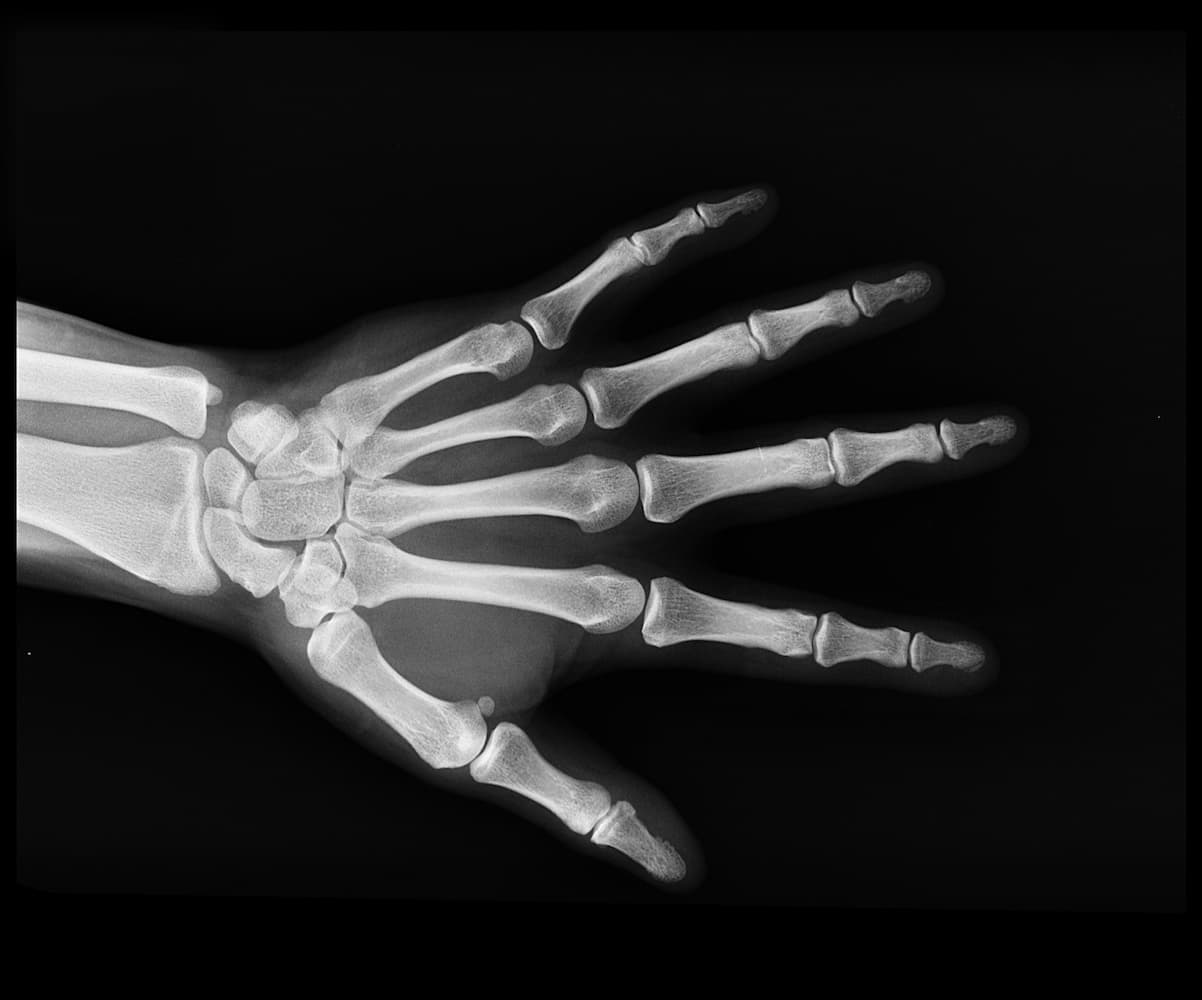
People with rheumatoid arthritis experience debilitating joint pain, extreme fatigue, cognitive impairment, emotional distress and many other unpleasant things. If these echo what you feel or that of someone important in your life, this guide walks you through the true nature of the disease, its causes and symptoms, and the proper management of rheumatoid arthritis in the hope of improving the quality of life of everyone affected.
The Nature of Rheumatoid Arthritis
Rheumatoid arthritis (RA) is an autoimmune disease that causes the immune system to attack healthy cells in your body, causing joint inflammation usually in multiple areas of the body. The joints in the hands, wrists and knees are commonly affected by this condition. RA is one of the most common types of arthritis, along with osteoarthritis, but unlike the latter which is a result of cartilage damage, RA destroys the lining in your joints. This causes painful and swollen joints, which can potentially lead to bone loss.
As joint inflammation damages the tissue surrounding the joints, rheumatoid arthritis causes chronic pain and, in most cases, can damage the eyes, skin, heart, lungs and other organs in the body.
Common Symptoms of Rheumatoid Arthritis
It's so easy to confuse rheumatoid arthritis with other diseases that exhibit the same symptoms. What's more, the symptoms of RA vary from person to person, so it's really difficult to determine whether or not it's RA unless you undergo a complete diagnosis. However, the following are telltale signs of patients with rheumatoid arthritis:
 Joint stiffness
Joint stiffness- Fatigue
- Decreased range of motion
- Loss of joint function
- Swollen and painful joints
- Joint redness
- Joint deformity
- Anaemia
- Shortness of breath
- Chest pain
- Fever
Causes and Risk Factors of Rheumatoid Arthritis
There are many contributing factors for rheumatoid arthritis, including age, gender, weight, genetic factors and lifestyle. The symptoms usually manifest in middle-aged people, those ranging from 30 to 50 years old. Women are more likely to develop the disease than men, especially if they struggle with excessive weight gain. Research shows that overweight people have an increased risk of developing RA. So, if your body mass index (BMI) is between 25 and 29.9 or beyond, consider doing some weight loss exercises to reduce your chances of acquiring the disease.
Your family history also says a lot about your tendency to develop RA. If one of your parents or a sibling has the disease, then the likelihood of you developing it as well is not far from happening. Smoking and a diet that is high in saturated fats can also cause chronic inflammation of the joints and other internal organs.
When not addressed immediately, RA can lead to rheumatoid nodules. These are lumps of flesh underneath the skin that form near the joints, such as elbows and finger joints, which can range from 2 cm to 5 cm in size. Rheumatoid arthritis can also increase your risk of infection or developing a chronic disease if left untreated. Some autoimmune conditions that are linked to RA include:
- Heart disease
- Interstitial lung disease
- High blood pressure
- Cancer
- Lymphoma
- Carpal tunnel syndrome
Diagnosis of Rheumatoid Arthritis and Effective Treatments
The diagnostic procedure for rheumatoid arthritis involves a thorough assessment of your health and medical history, a physical examination, a series of blood tests and different imaging tests. RA is difficult to diagnose because what may be a manifestation of rheumatoid arthritis may actually be symptoms of another illness.

Inflamed joints are typical in similar conditions like gout, psoriatic arthritis, osteoarthritis and ankylosing spondylitis among others, hence the need for the doctor to look beyond the obvious signs. Getting your complete blood count allows them to measure your total red blood cells. A low red blood cell count may be indicative of anaemia which is very common in a patient with rheumatoid arthritis. Another type of blood test looks for anti-CCP antibodies. The majority of people who have RA tested positive for these antibodies.
There is no cure for rheumatoid, but there are many ways to make it less painful and prevent health complications. The doctor may recommend anti-rheumatic drugs, biological therapy, joint replacement or other types of surgeries, depending on your symptoms and severity of your condition.
However, you may discuss other viable options for the treatment of rheumatoid arthritis if you dread the unpleasant side effects of standard medications or treatment procedures. You can consult occupational therapists to help you overcome your struggles with daily tasks. A physiotherapist, on the other hand, can help you integrate exercise therapy into your treatment plan as physical activity has been proven to stimulate muscles, joints and bones, which is critical in the restoration of your health and wellbeing. Massage and ice packs are other tools used in physical therapy to treat painful, swelling joints.
Just because your joints are manifesting signs of inflammation, it does not mean that you've reached the advanced stages of rheumatoid arthritis and there's no way you can revive the active life you once knew. Seek professional help immediately if you feel anything weird in your body. Most importantly, don't hesitate to let your doctor know which natural therapies for RA you would like to incorporate into your treatment plan. To get in touch with a natural health professional in your area, check out the comprehensive listing of qualified practitioners on the Natural Therapy Pages.
|
Do you have a natural health & wellness business? |









